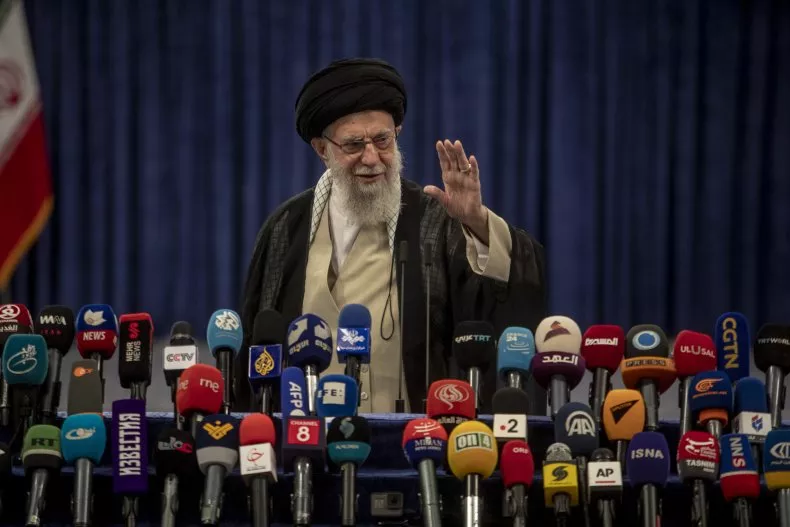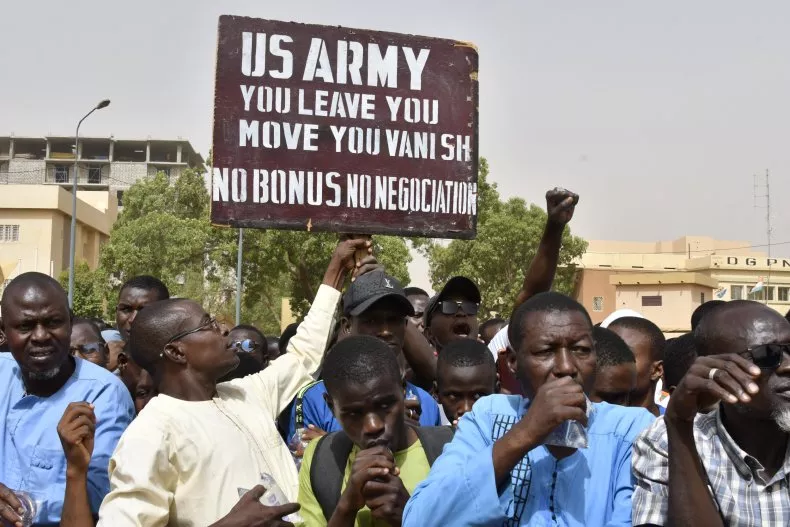Iran’s attempts to source uranium from West Africa have sparked renewed concerns in the United States and its allies about the expansion of Tehran’s nuclear program. This development signals a potential escalation in Iran’s nuclear capabilities, which have long been a source of tension with Western nations.
Dr. Olayinka Ajala, a West African geopolitical analyst and professor at Leeds Beckett University, revealed that Iran may be trying to take advantage of political instability in Niger to increase its uranium supply. Following a military coup in July 2023, Niger has distanced itself from traditional Western allies and begun fostering partnerships with Russia and Iran. This shift in allegiance has created opportunities for Iran to potentially access Niger’s vast uranium reserves.

The situation in Niger is particularly concerning as the country recently revoked the operating license of French nuclear fuel producer Orano at the Imouraren mine. This move, coupled with Iran’s reported efforts to obtain mining licenses in Niger, has heightened Western anxieties about the proliferation of nuclear materials.
Iran’s nuclear program has reached an advanced stage, with the International Atomic Energy Agency (IAEA) recently reporting that the country had begun enriching uranium using new advanced centrifuges in Natanz. While experts like Darya Dolzikova from the Royal United Services Institute note that there’s no definitive evidence of Iran deciding to weaponize its program, the increasing levels of uranium enrichment and growing stockpiles raise questions about Iran’s intentions.
In response to these developments, the United States has imposed new sanctions on Iran. U.S. Secretary of State Antony Blinken announced these measures, citing Iran’s attempts to increase its enrichment capacity and its failure to cooperate with the IAEA. However, some experts, including Dolzikova, question the effectiveness of sanctions in altering Iran’s behavior, noting that an increasing number of countries, particularly in the Global South, are less willing to join U.S.-led efforts to pressure Iran economically and diplomatically.

Iran’s strategic moves extend beyond Niger, as the country seeks to deepen its economic and strategic ties with other African nations, including Sudan, Mali, Burkina Faso, and several countries in the Sahel region. This expansion of influence in Africa adds another layer of complexity to the geopolitical challenges surrounding Iran’s nuclear ambitions.
As the situation continues to evolve, Western nations, particularly the United States and its allies, are closely monitoring Iran’s activities in Africa and its nuclear program. The international community faces the challenge of balancing diplomatic efforts to curb nuclear proliferation with the changing dynamics of global alliances and economic partnerships.
This ongoing situation underscores the complex interplay between nuclear proliferation concerns, regional geopolitics, and shifting international alliances, highlighting the need for continued diplomatic engagement and strategic reassessment in addressing global nuclear security challenges.
Credit: Newsweek.com



